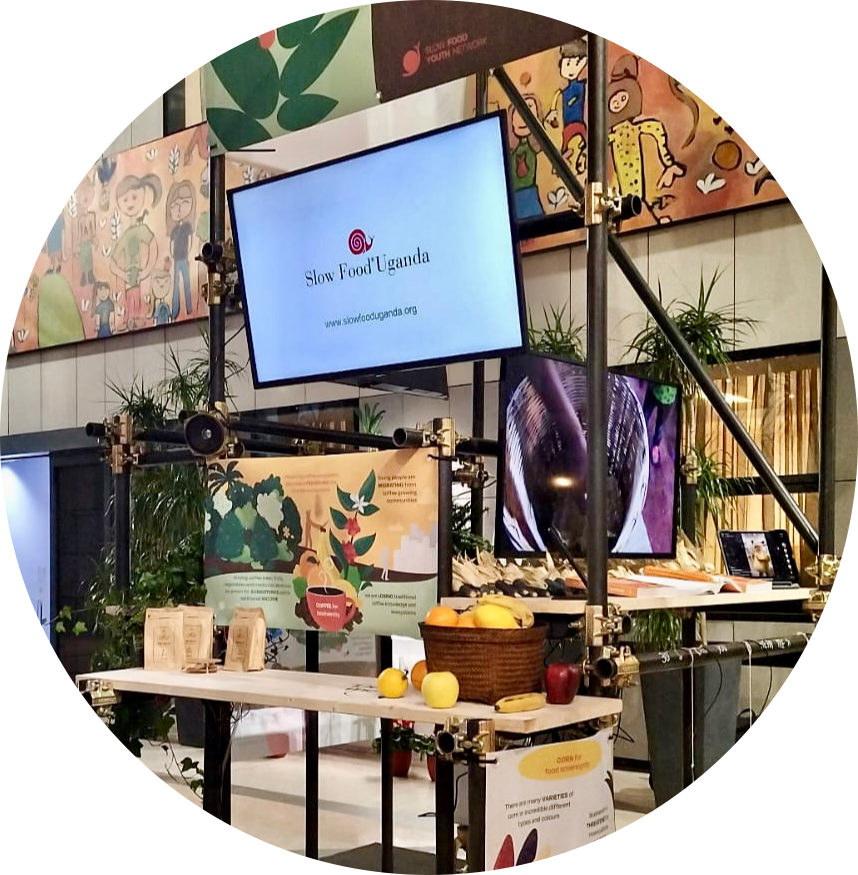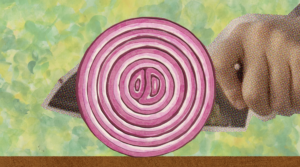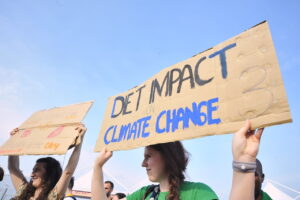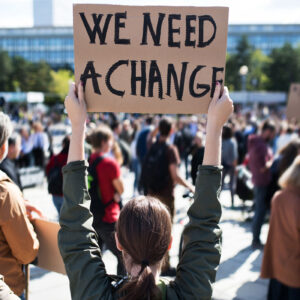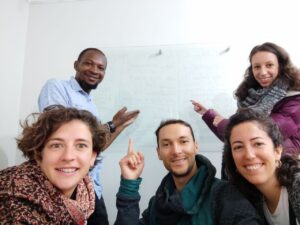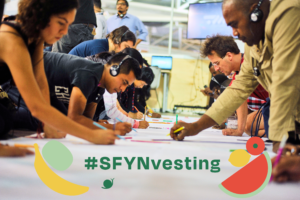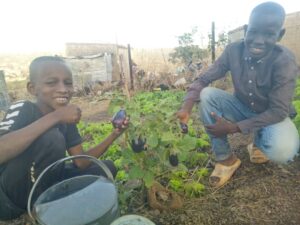On February the 14th and 15th, on the occasion of IFAD’s 46th Governing Council meeting, Slow Food Youth Network was present to bring some fresh air to the “Accelerating Action for Food Security” themed event, inand to the beating heart of IFAD.
We created an interactive sound exhibition where people who stopped by could directly hear the voices of our rural youth by doing simple actions, like grabbing a fruit or bringing your head closer to a flower. The stories they listened to were bits of life coming from very different realities, showing new perspectives to the IFAD audience. Most of them came from Indigenous communities and farming areas.
“I feel honoured that my voice is being heard by an audience at the FAO headquarters. It is not only a voice but an appreciation of the work that the indigenous Ogiek community continues to do to protect our forest and mother nature. We cannot underestimate the role of our indigenous communities in mitigating the impacts of Climate Change, defending cultural and biological diversity and protecting the land”, says John Kariuki Mwangi, who is Slow Food Kenya coordinator.
The message we wanted to bring was the urgent global need for change towards agroecological practices if we are to guarantee food security, food sovereignty, and access to sustainable food for all.
The interactive pantry had 3 different products under the spotlight: coffee, honey and corn. The Indigenous Slow Food Community in Guerrero, Mexico, showcases how important coffee ecosystems are for the local ecosystem, through the words of Elvia Villani Catalán. As she says “coffee is her everything, her religion”. You can understand when coffee farming is managed by an Iindigenous community, because they manage the whole ecosystem around it. A coffee farm becomes an edible forest. For honey, we listened to Ysabel Calderon Carlos, SFYN beekeeper of stingless bees in the Peruvian jungle, who drew attention to pollinators and their relevance for world food security: “no pollinators means no food”.
Lastly, for corn, we listened to Ruth Gutierrez from Bolivia, who told us about the industrialization of corn products and the beauty of corn biodiversity from her region. “I trust that my voice is one of those that will help to join this struggle to safeguard our roots and respect all knowledge regarding native seeds, knowing that without it there is no culture, no traditions, no food sovereignty, no biodiversity, and no origin. Because maize is the root of all America and what unites us, it is our duty to protect each seed and we are the generation in charge of teaching the next generations and correcting the past and present acts that put seeds under threat. “
SFYN aims to get the voices of our youth heard where they are needed the most, like in these decisive moments. Hearing our peers from all over the world at the IFAD Governing Council is something that brings us not only closer together in a global reality, it also shows that we have a unified mission of evolving the food system in a truly sustainable manner.
